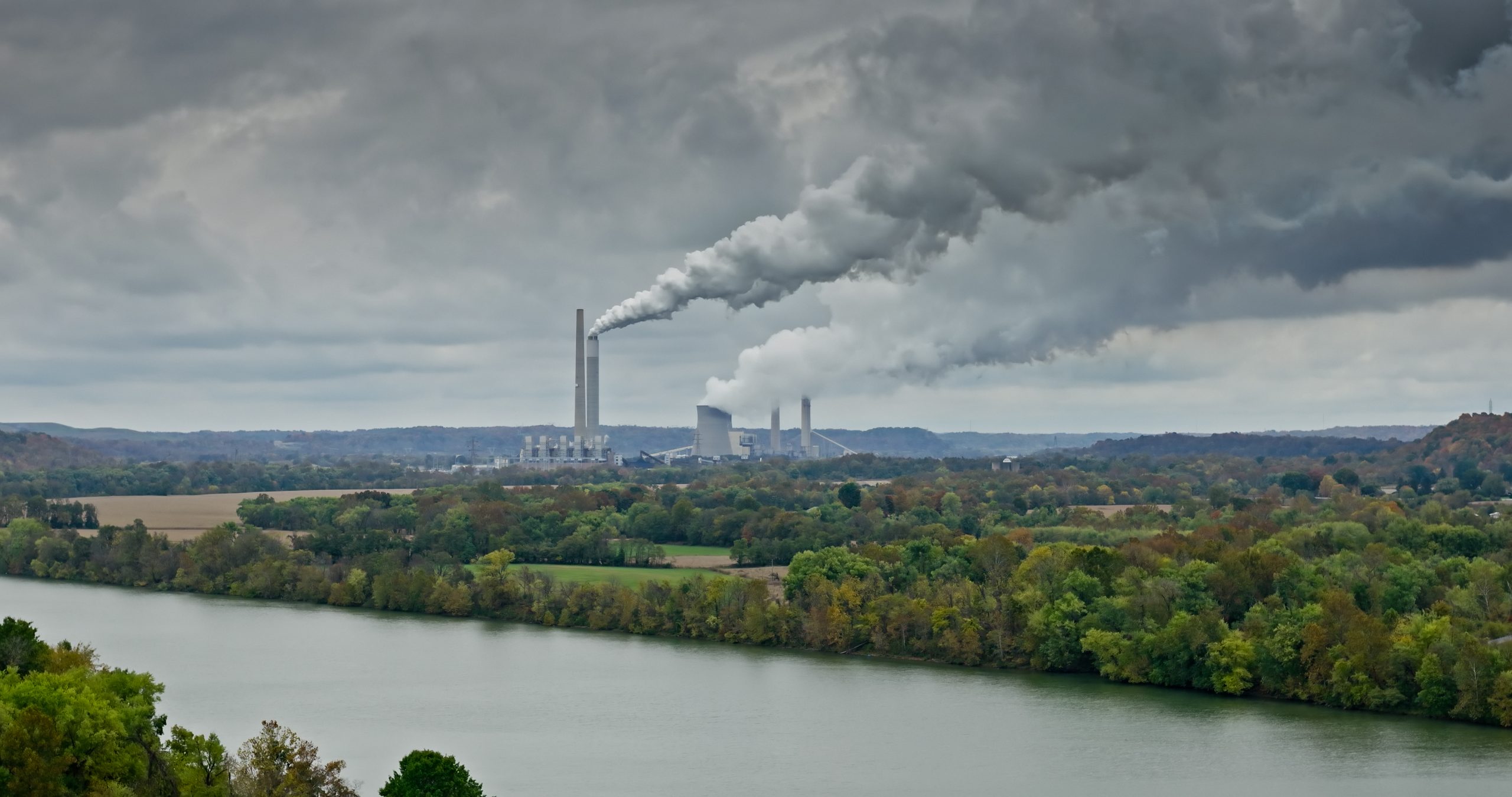Air pollution from oil and gas is linked to 91,000 premature deaths and hundreds of thousands of health issues across the United States each year—with Black, Asian, Native American and Hispanic groups consistently among the most affected. That’s according to an extensive new study published Aug. 22.
[time-brightcove not-tgx=”true”]
The researchers say that the study, published today in Science Advances, is the first to comprehensively quantify the health impacts outdoor air pollution has across all stages of fossil fuel production, and to analyze disparities in exposure to the health risks.
The study examined the entire oil and gas life cycle: upstream, which involves the exploration and extraction of oil and gas; midstream, which involves compression, transport, and storage; downstream, which involves the transformation into petrochemical products; and end use, when the product reaches its final use stages.
Native American and Hispanic populations are most affected by air pollution that comes from the upstream and midstream stages, the study found, while Black and Asian populations are most impacted by downstream and end-use stages. Researchers also found that 10,350 pre-term births and 216,000 new cases of childhood asthma per year are attributable to air pollution from oil and gas, along with 1,610 lifetime cancers across the U.S.
While downstream activities cause less pollution than upstream and end-use activities, they are responsible for greater adverse health impacts, with Black communities facing the most severe health outcomes—including premature mortality, preterm births, and childhood asthma. These impacts are largely experienced in locations with major oil-refining activities, such as eastern Texas and southern Louisiana.
Researchers used an air pollution model to determine pollution concentrations, and applied that information to epidemiological models to estimate the number of severe health outcomes. They used data from 2017, the most recent year of complete data available, and estimate that the findings might be conservative, given that U.S. oil and gas production has since increased by 40%.
Eloise Marais, the study’s senior author and professor of atmospheric chemistry and air quality at University College London, says that the findings confirm what communities have long known. “We’re not sitting in our academic ivory tower and telling these communities that they’re experiencing adverse health outcomes. They know this already and they’re going through processes to try and address it,” says Marais. “What our study does is ensures that we can provide really rigorous evidence of the size of the impact in the hope that this is picked up by community leaders, by advocacy groups, by policy makers…to try and identify exactly where, in more granular detail, these disparities are occurring, to essentially develop very clear action plans to address them.”
The solution is clear, the researchers say. While greenhouse gasses released into the atmosphere can linger for years, once air pollution is reduced the health benefits are nearly instantaneous. “[The study] gives us a very clear perspective on what the public health gains could be, and they would be quite immediate if we reduced our independence on oil and gas,” says Marais. “We would start to see immediate benefits on air quality and health, and we would have mitigated a large portion of the disparities in health burdens.”

